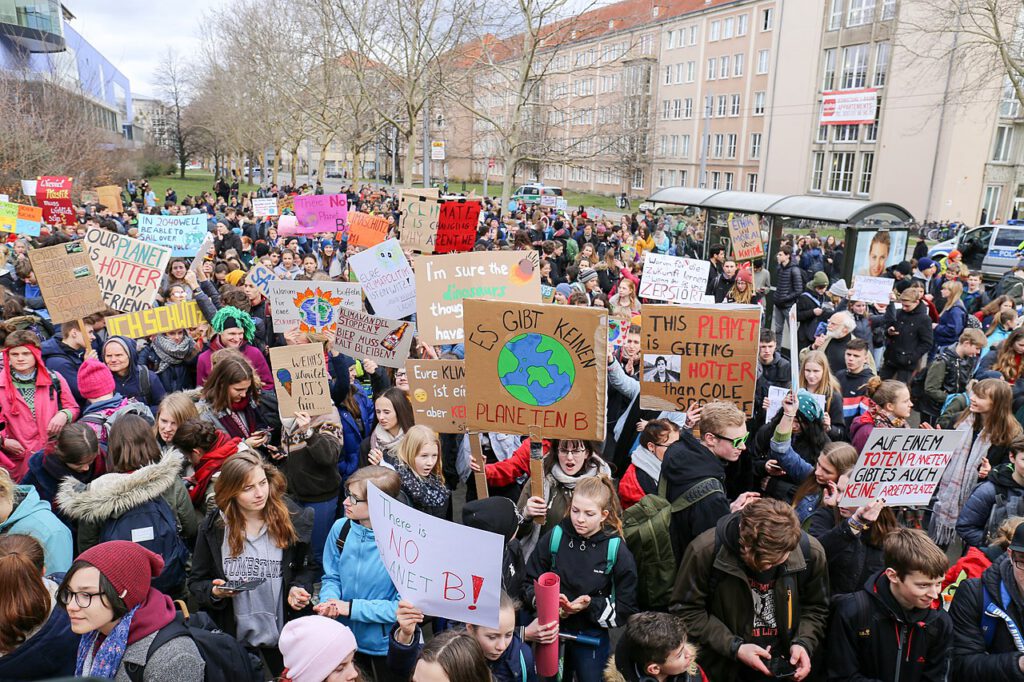
Younger generations have been particularly hit by the consequences of the economic crisis taking place since 2007/2008 throughout Europe. Yet, relevant differences may be detected between different countries, depending on a variety of factors, including the features of the national Welfare systems, but also younger generations’ structural position before the crisis. In Southern European countries, a deeper social and economic gap affecting youth seems to have translated into a more distinguishable distance between youth and mainstream party politics, as well as a withering of their feelings and enthusiasms towards the European construction. Also, scholarship has highlighted a general “greying” of Western European democracies, in that younger cohorts are nowadays less active than the adult and more mature ones, in the field of conventional participation but even in social movements and direct activism. “Apathy”, however, is not an accurate diagnosis.
The Summer School rather questions to what extent European and national politics actually address young people’s interests, hardships, and demands. In-depth analyses are needed in order to comprehend youth’s visions of and expectations towards politics as well as to retrace their peculiar paths of re-politicization in different places across Europe.